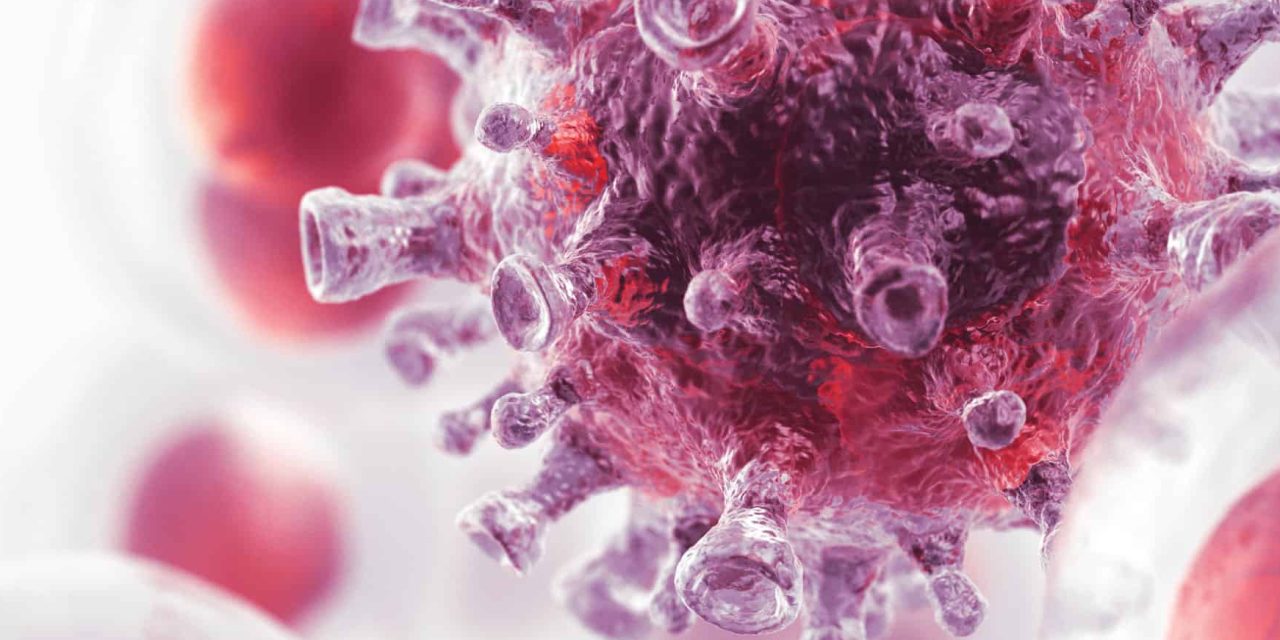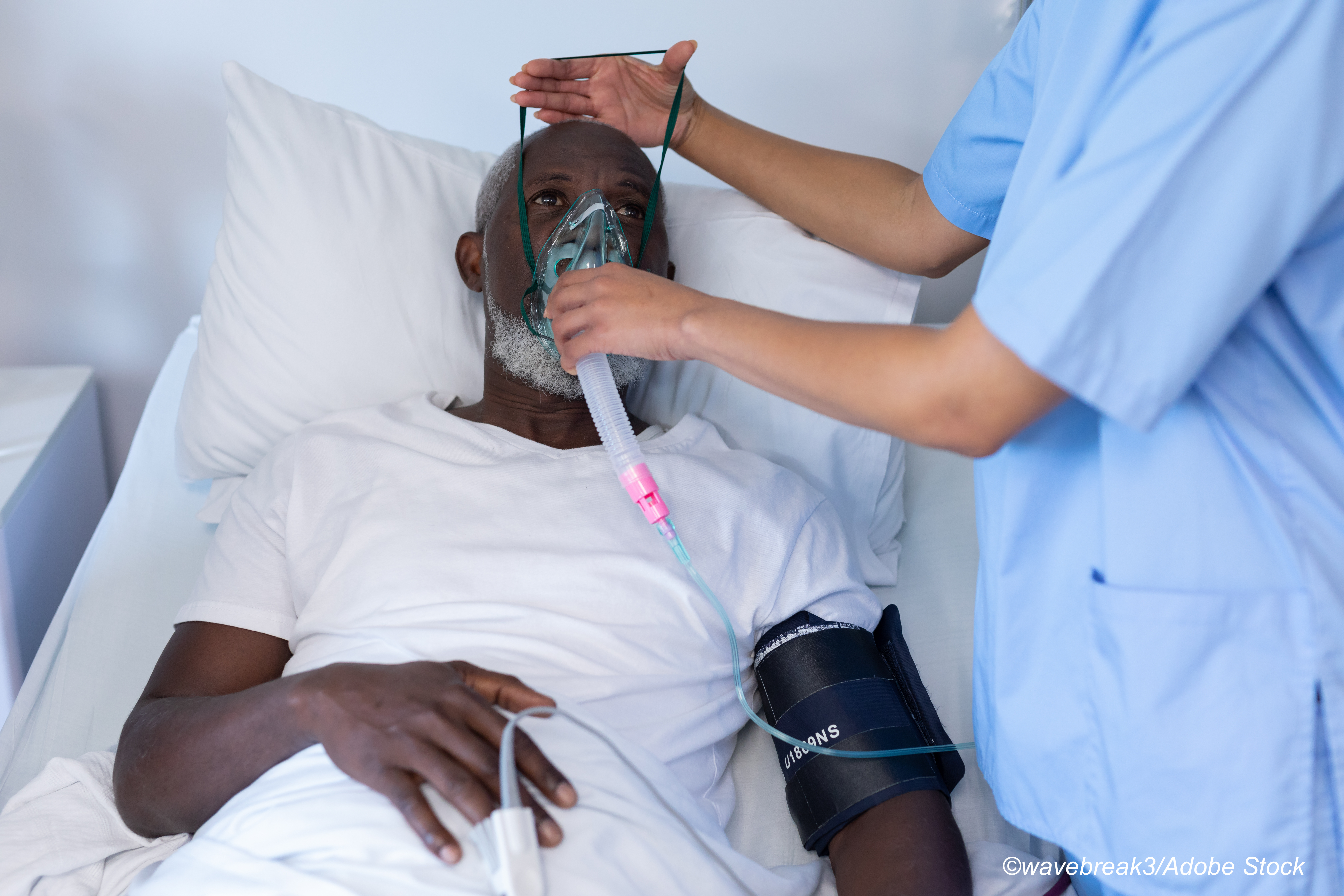Researchers from the COVID STEROID 2 trial group found that hospitalized patients treated with high dose glucocorticoid dexamethasone (12 mg) did not significantly increase the number of days alive without life support or improve 28- or 90-day mortality compared to a 6 mg dose.
Their findings were published in JAMA.
“Dexamethasone is recommended by the World Health Organization for patients with severe and critical Covid-19 based on a prospective meta-analysis of 7 randomized trials reporting reduced short-term mortality with the use of systemic glucocorticoids. The largest of these trials, the Randomized Evaluation of Covid-19 Therapy (RECOVERY) trial, demonstrated a mortality benefit with 6 mg/d of dexamethasone for up to 10 days,” wrote researchers of the COVID STEROID 2 trial group.
Other studies have documented the benefits of higher doses of dexamethasone in patients with acute respiratory distress syndrome, as well as a dose-dependent activation of the corticosteroid receptor with increasing doses up to 12 mg.
Those findings raised “the possibility that higher doses of dexamethasone than the recommended dose of 6 mg/d may benefit patients with Covid-19 who have more severe disease. However, there are concerns about adverse reactions with the use of higher doses of glucocorticoids, particularly reports of severe fungal infections, such as mucormycosis, in patients with Covid-19 treated with glucocorticoids,” researchers added.
For this multicenter, randomized study conducted at 26 hospitals in Europe and India, researchers included 971 patients (median age: 65 years; 31% women) with confirmed Covid-19 who required at least 10 L/min of oxygen or mechanical ventilation. The study was conducted between August 2021 and May 2021, and 90-day follow-up ended on August 19, 2021.
Patients were randomized to treatment with 12 mg/d (n=503) or 6 mg/d of IV dexamethasone (n=497), for up to 10 days.
In patients treated with 12-mg dose of dexamethasone, the median number of days alive without life support was 22.0 days, compared with 20.5 days in those treated with the 6-mg dose (adjusted mean difference: 1.3 days; 95% CI: 0-2.6 days; P=0.07); 28-day mortality was 27.1% versus 32.3%, respectively (adjusted relative risk: 0.86; 99% CI: 0.68-1.08); and 90-day mortality was 32.0% versus 37.7% (adjusted relative risk: 0.87; 99% CI: 0.70-1.07).
The incidence of serious adverse reactions such as septic shock and invasive fungal infections was similar between the two treatment groups, and occurred in 11.3% of patients treated with the 12-mg dose of dexamethasone and in 13.4% of those on the 6-mg dose (adjusted relative risk: 0.83; 99% CI: 0.54-1.29).
“This [28-day] mortality difference, if real, would be of substantial clinical importance, but there is a possibility that the difference may have arisen due to chance…,” noted Steven A. Webb, MD, PhD, of the Australian and New Zealand Intensive Care Research Centre, School of Public Health and Preventive Medicine, Monash University, Melbourne, Australia, and fellow authors in an accompanying editorial.
“How should clinicians interpret the study by the COVID STEROID 2 Trial Group? The results are supportive of improved outcomes with 12 mg/d of dexamethasone, but not definitive, and do not satisfy the usual criteria to support change in practice,” continued Webb and colleagues, and listed the various requirements and challenges of conducting clinical trials during the pandemic, including inefficiency, the need to prespecify size of the treatment effects, and their inherent multifactorial natures.
“The report by the COVID STEROID 2 Trial Group in this issue of JAMA adds important data to the evidence base of therapies for Covid-19, based on a well-executed trial conducted in multiple locations during the pandemic. The results raise the strong possibility that treatment outcomes for Covid-19 may be improved further by the use of higher doses of glucocorticoids; however, additional trials are needed to confirm this and determine what dose is optimal,” concluded Webb et al.
Study limitations include a limited power to detect statistically significant differences in outcomes, lack of data on baseline characteristics, 6-day intervention period in some patients due to 4 days of dexamethasone use before their enrollment, the abnormal distribution of primary and secondary outcome data, inaccurate sample size estimation, and possible influence of changes in the treatment of Covid-19 during the trial.
-
Compared with a 6 mg/d dose, 12 mg/d dexamethasone did not significantly reduce the number of days alive without life support at 28 days in patients with Covid-19 and severe hypoxemia.
-
Note that the COVID STEROID 2 trial may have been underpowered to identify a significant difference.
Liz Meszaros, Deputy Managing Editor, BreakingMED™
This trial was funded by the Novo Nordisk Foundation and supported by the Research Council at Rigshospitalet.
Webb, Higgins, and McArthur reported being members of the REMAP-CAP trial, which is evaluating interventions for Covid-19.
Webb reported receiving grants from the National Health and Medical Research Council of Australia and the Minderoo Foundation.
McArthur reported receiving grants from the Health Research Council of New Zealand.
Cat ID: 190
Topic ID: 79,190,500,501,791,932,933,190,926,192,927,151,928,195,929,925,934




Create Post
Twitter/X Preview
Logout